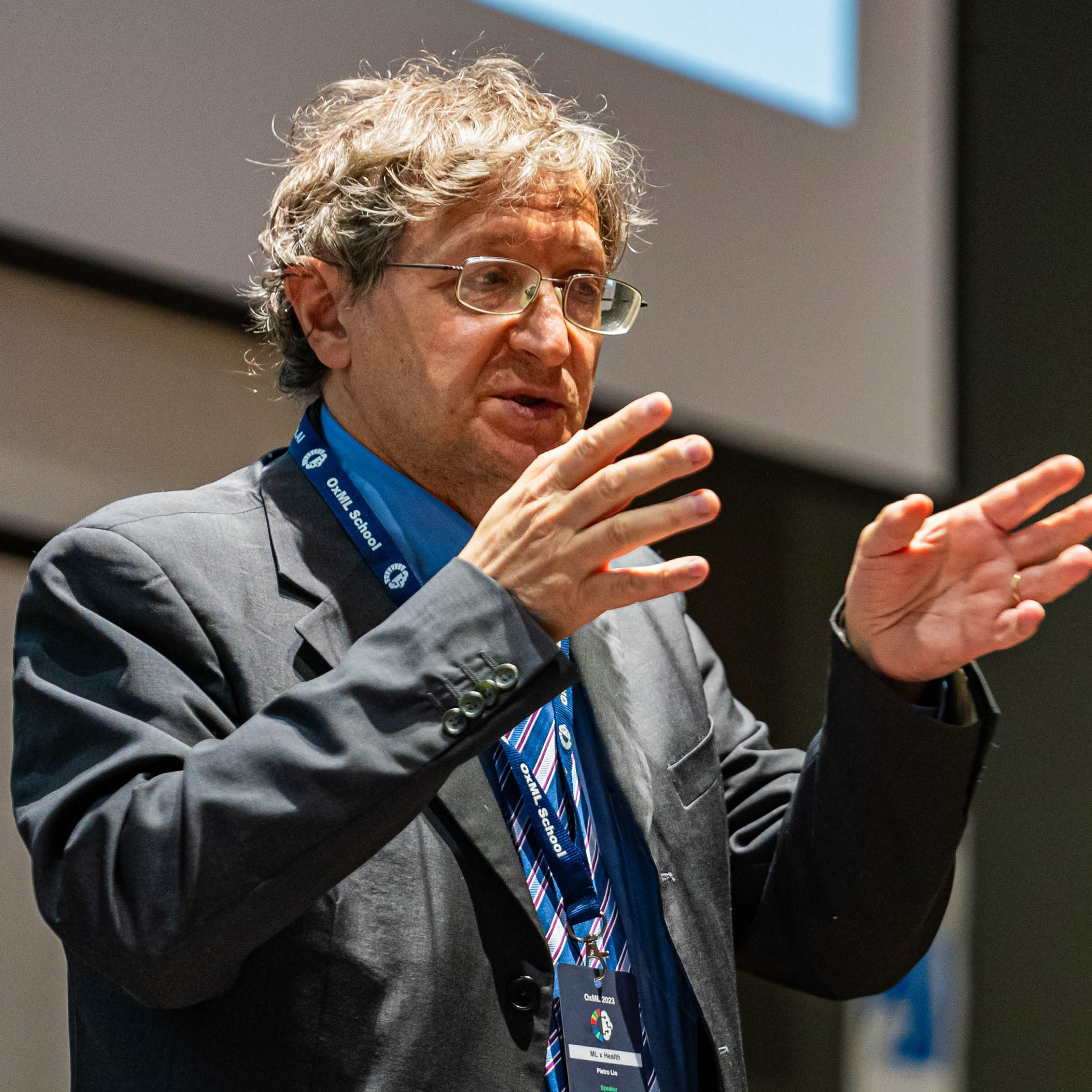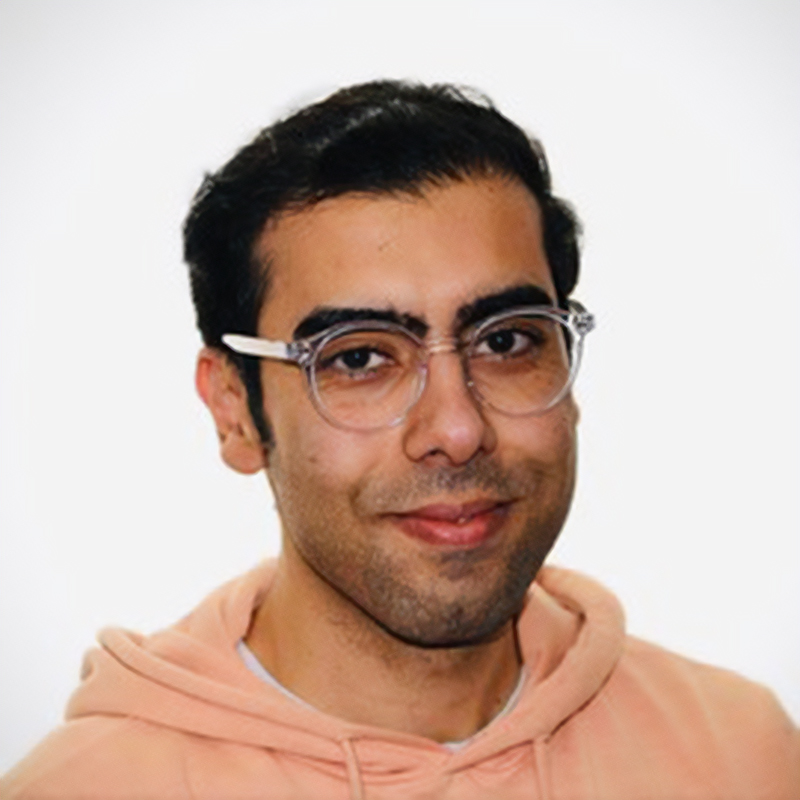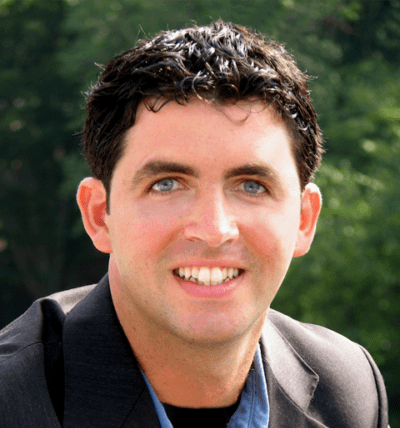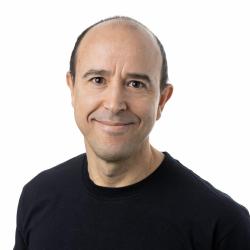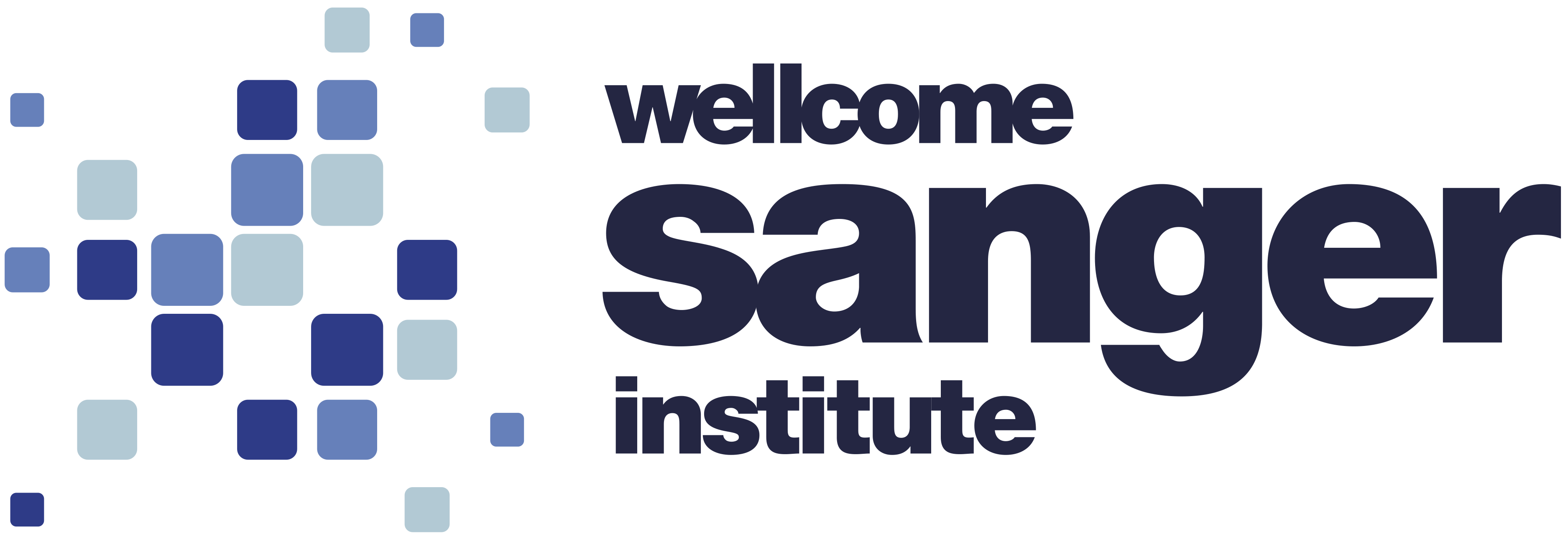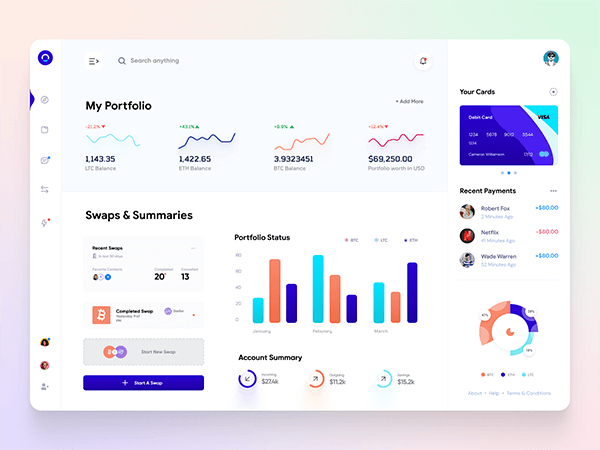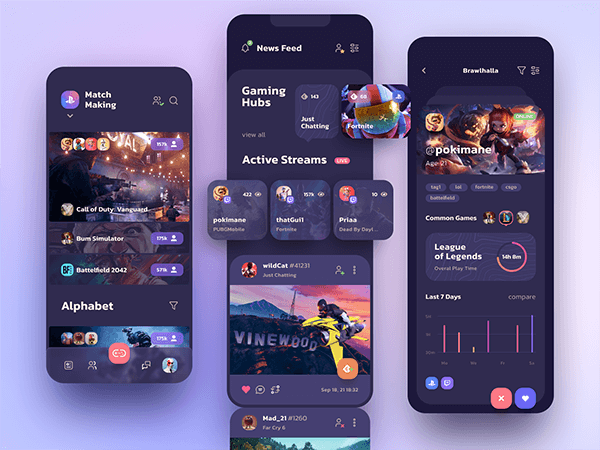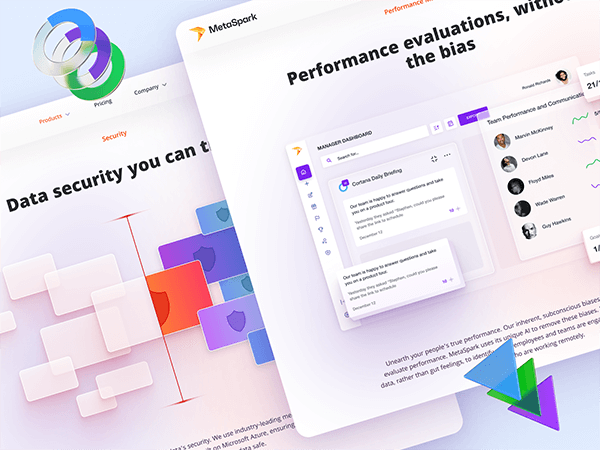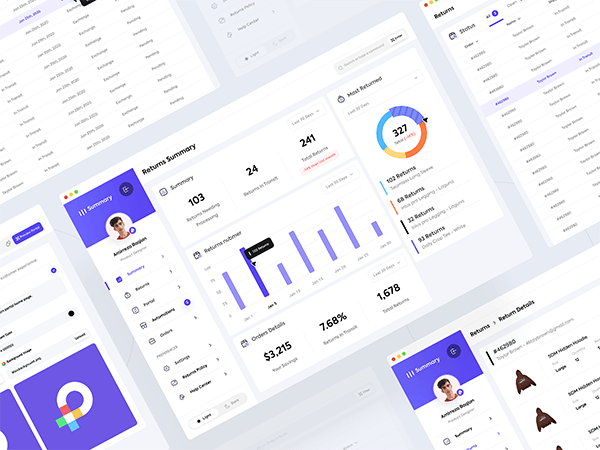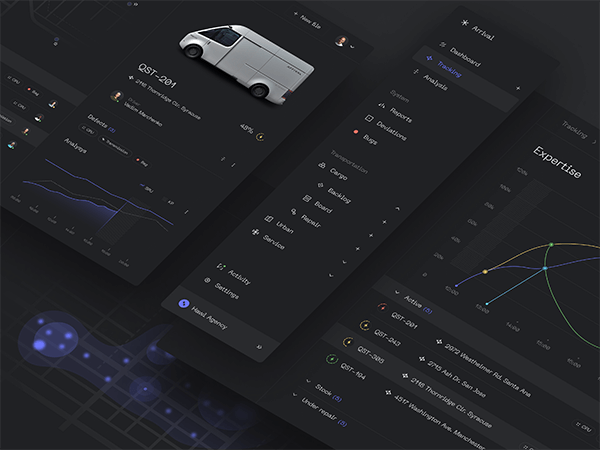About me
As a computational biologist, I study how cellular systems respond to genetic and environmental perturbations and how these responses contribute to the emergence of complex diseases. My research integrates probabilistic modeling, generative learning, and causal inference to characterize cellular dynamics and heterogeneity from single-cell and multimodal data. I develop machine learning frameworks grounded in statistical and geometric principles, including flow matching, variational inference, and representation learning, to model the underlying structure of biological processes and predict the effects of perturbations. A key goal of my work is to design models that not only achieve accurate predictions but also provide mechanistic and interpretable insights, ultimately enabling more efficient experimental design and informed therapeutic strategies.
-
Computational Biology
-
Coding
-
Machine Learning
-
Perturbation Modeling
Supervisors

